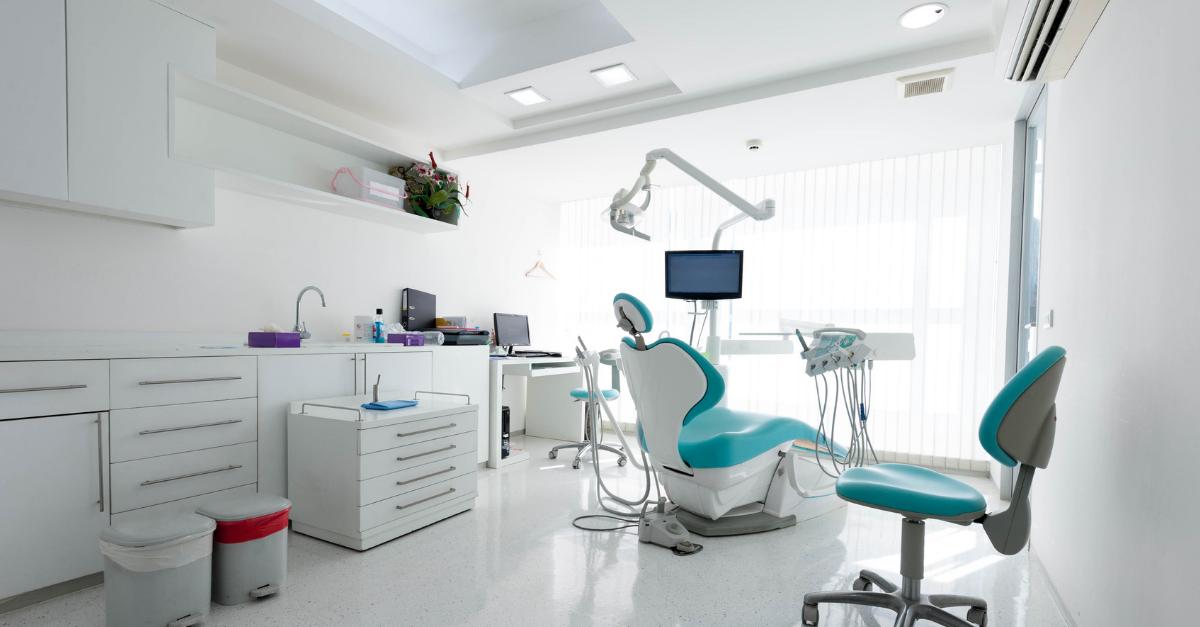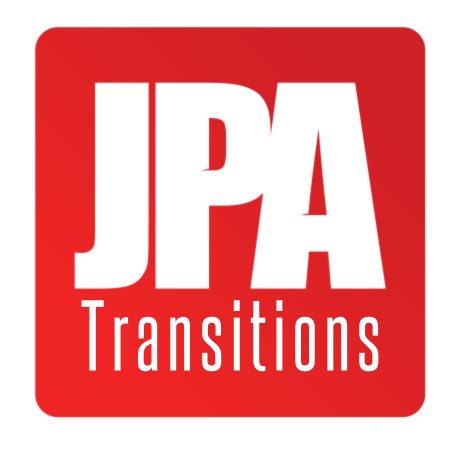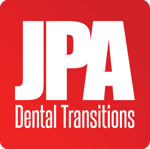In any business, meetings can either be the death or birth of efficient operations and higher profit margins. This is also true for dental practices. It all starts with knowing your goals and then creating a dental staff meeting agenda that keeps staff engaged, monitors progress, and builds an extraordinary culture.
Why then, do so many doctors who conduct meetings, fail to make progress? They may be missing an effective template for conducting productive dental staff meetings.
There are multiple meetings that an organization can facilitate, from daily huddles or stand-ups, to weekly, monthly, or even quarterly meetings. It all depends on the effectiveness of your meetings and your goals.
In this article, we’re going to discuss best practices for dental staff meetings, no matter the frequency, and share a dental practice agenda that could help your practice.
It all starts with having a dental staff meeting agenda
Without an agenda, conversations tend to drag on because there’s no real structure to keep you on track. According to the Wall Street Journal, 80% of meeting time could be eliminated by following a detailed agenda. Who doesn’t want to save time and be more efficient? If you plan on creating a dental staff meeting agenda, you’re on the right track. Now, it’s time to create one that enhances practice efficiency, improves patient experience, and makes your staff happy.
If you have an agenda and are wondering why your staff continues to complain in your meetings, you might be missing key management processes such as PTO, sick days, or other critical protocols that keep your team organized and happy. Make sure to set up these protocols so your team can focus on sharing ideas to improve the practice.

Set up roles and responsibilities for the meeting
You want to keep your staff involved as much as possible in your meetings. In fact, 9 of 10 participants don’t pay attention in meetings or are working on something else. When holding your meetings, we recommend switching up the roles and responsibilities each week. This keeps each staff member engaged at one point or another.
In your meetings, you should have two key roles:
- The Facilitator - This person could be the office manager or doctor. The facilitator addresses concerns and helps bring the staff and team toward a solution.
- The Recorder or Note Taker - This person should track the specific measurable goals, action items, responsible person(s) and due dates. They should also ensure that all topics are addressed.
Set objectives for your meeting
Now that we’ve covered the importance of agendas and appointing your facilitators and note-takers, the next step is to consider what you want to achieve with your meetings.
Some objectives might be to:
- Cover policy changes at your practice.
- Create a strategy to reduce missed appointments.
- Increase restorative case acceptance.
Objectives should be listed in your dental staff meeting agenda.
Related Blogs:
3 Strategies for Growing Your Dental Practice
7 Things You Might Not Know About Dental Practice Management
Make sure to create an environment for discussion.
Give all team members a chance to contribute to the meeting dialogue. Your dental staff meeting should be a place where the staff is free to talk about issues that arise, policy changes that need to be made, and which goals or tasks each team member should be assigned to. The entire staff needs to know what’s going on with the rest of the practice in order to work towards common goals and build a strong culture. Ultimately, this brings you better practice numbers and higher productivity levels.
What’s included in your staff agenda?
It’s crucial to ensure that your agenda is a written agenda. This will keep everyone on track with objectives, progress, and to-dos that may otherwise get lost in translation.
Give your staff the agenda ahead of time to make sure they have an opportunity to add topics for discussion.
Your staff agenda can include many different items, but the items that belong in your agenda depend on your meeting frequency and practice goals.
Here are some items you may discuss:
- Goals for the meeting
- Progress updates
- Future plans
- Policy changes
- Production numbers
- Conduct group training
- Share successes
- Share staff rockstars
- End with questions or feedback
Dental Staff Meeting Agenda Template:
Date:
Meeting Facilitator:
Meeting Recorder:
Successes (Patient and Staff):
Current State (Where We Are):
Reports:
- Weekly Production:
- Collections:
- New Patients:
- Hygiene Report:
(Include other department numbers you are tracking)
Future State (Where We Wish to Go):
Reports:
- Weekly Production:
- Collections:
- New Patients:
- Hygiene Report:
(Include other department numbers you are tracking)
The Solution Path:
(Challenges we need to address to close the gap between the current situation and the desired situation):
Issues/Topics for Discussion:
(Only include up to 3 topics or issues per meeting. Move lower priority items to the next meeting agenda):
The Solution Path:
(Solutions that address the above topics or issues):
Policy Changes:
Training Opportunities:
Next Meeting Date:
Meeting Facilitator:
Meeting Recorder:
What we learned about dental staff meeting agendas
The decisions that you make in your dental staff meetings are likely to determine the success or failure of your practice. Ultimately, creating a dental staff meeting agenda that outlines key concerns and practice numbers, and makes your team members feel valued, enables the makings of a successful dental practice. Remember to create an environment that allows your staff to feel appreciated, voice concerns, and stay on topic.

 980.283.7355
980.283.7355














Comment